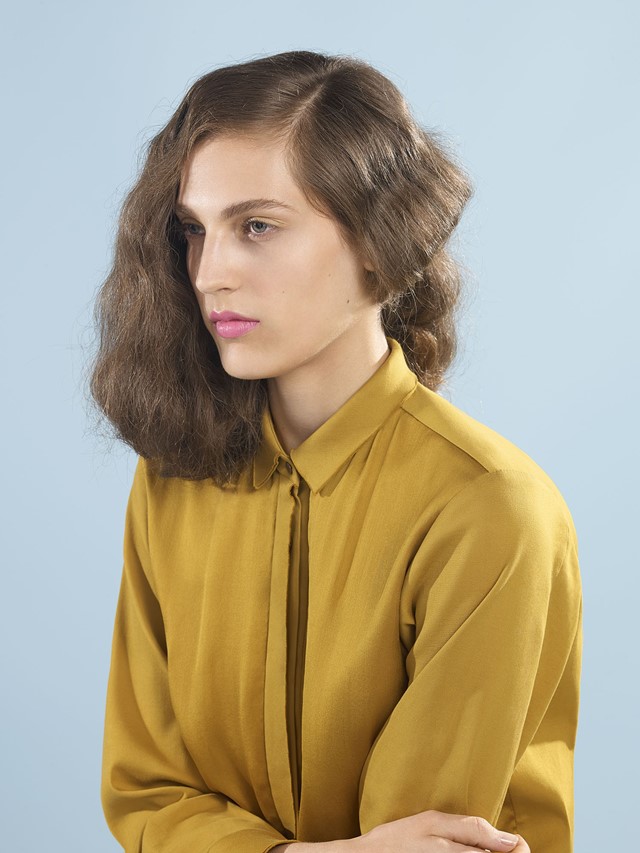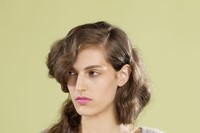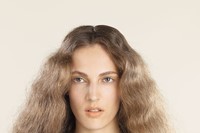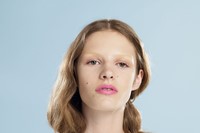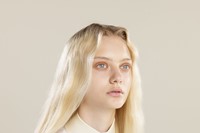The founder of London’s first sustainable hair salon talks us through the small changes we can all make easily
In support of 2018’s Fashion Revolution Week – an opportunity to reconsider the industry’s impact on the world, and the people living in it – anothermag.com is running a week-long series of stories about ethical fashion. Here, we ask Anita Rice, founder of hair salon Ralph and Rice, about how to apply ethical principles to your daily haircare routine.
When it comes to ideas surrounding climate change, it’s all too easy to assume that the slow degradation of the planet is an inevitability, making any individual efforts towards living more sustainably a waste of time. Because of course, this is untrue. The devil is in the detail, after all – and whether your individual contribution to a greener planet is to carry a reusable coffee cup in your bag, to abandon disposable razors in favour of the classic steel safety variety, or to buy one fewer pieces of clothing each month from fast fashion stores, the impact can be colossal.
Haircare presents one such simple remedy. The beauty industry has, for many years, has fed our appetite for synthetic products, its advertising tricks leading us to believe that more is more – new products promising maximum foam, maximum shine, and maximum cleanliness – and producing an irrepressible onset of packaging waste in the process. And while natural alternatives to tried-and-tested hair favourites seem few and far between, the market for them is growing rapidly.
Davines is one such brand, Anita Rice, founder of east London’s Ralph and Rice salon, explains – and since long before she founded the salon, it has been her line of choice. The plant-based brand was first founded by the Bollati family in Parma, Italy as a haircare research lab some 35 years ago, and has since evolved to become a brand focused equally on creating super effective scientifically engineered products, and in making sure that their impact on the world is as positive as possible.
The ingredients – all natural – are grown ethically by farmers (whose names are on the resulting bottles, no less); the packaging is both recycled, and recyclable; and because of, rather than in spite of, this focus on natural ingredients and sustainable practices, the products are truly second-to-none. Here, Rice talks us through five solutions for a more sustainable routine.
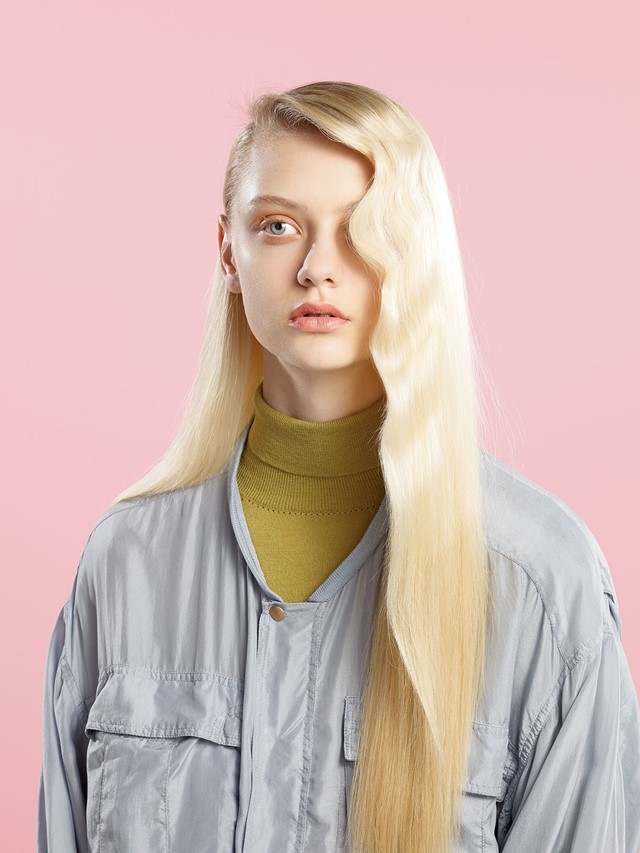
1. Use natural products
Ordinary, drugstore-bought shampoos contain silicon and detergents, Rice explains, which produce a huge amount of lather, but which don’t do much to clean your hair. “Somewhere along the lines the advertising was very clever; we assume that if there are more bubbles, then the hair is more clean,” Rice says. “This isn’t true at all, but everyone is guilty of believing it. So when you use something that is less detergent-based and more natural, you’re going to get a loose lather – and that loose lather is still cleansing. It just takes a little bit for people to get their heads around.”
2. And recycle the containers they come in
Not only are Davines containers made of recycled and recyclable plastic, but they’re also food-grade, meaning that they serve as well as containers for leftover food. “The packaging itself is all made using renewable energy – vegetable inks are used to do the printing – and they’re all biodegradable as well,” says Rice, “so if you left one in the earth, 16 weeks later there would be nothing left of it.” Alternatively, take the empties to Ralph and Rice, and they’ll refill them for you at a lower price.
3. Wash your hair less
It’s important to treat your hair as well as you would an expensive cashmere scarf, Rice explains, and sometimes that means resisting the urge to wash it day-in, day-out.
4. And use less product when you do
More is not always more, Rice explains. “Don’t use loads of shampoo. You don’t need to!” Making well-made products last longer means you’ll naturally create less waste – and that those you buy will last longer.
5. Go to a sustainable salon
“We’re not trying to be eco-warriors,” says Rice. “That can be overwhelming. But if you can do small things, and curb your existing ideas about how you use something, you’re already doing you bit to help the environment.” At Ralph and Rice, this is manifested through using as little energy as is feasible, and swapping huge volumes of washing for disposable paper towels. But ultimately, it’s about doing your research, Rice says. “Once you start looking into it you might see the term ‘palm oil’ and think ‘palm oil! This is bad!’ but actually, there are organisations for the ethical production of palm oil – they’re not all necessarily destroying the rainforest and leaving the orangutans without a home. So it’s just about being a little bit clued-up.”
Hair: Lok Lau at CLM Hair & Make-up using L’Oreal Professional; Make-up Kirstin Piggott at Julian Watson Agency using Rimmel; Models: Asia at Elite Model London, Othilia Simon at Silent Models, Nastya Kusakina at Premier Model Managements; Casting director: Shelly Durkan Casting at D+V Management; Manicure: Rebecca Jade Wils; Photographic assistant: Emil Lanz; Styling assistant: Emma Corbett; Make-up assistant: Molly Aitken; Hair assistant: Tomoyo Sakai
The photographs originally appeared in AnOther Magazine A/W12.
